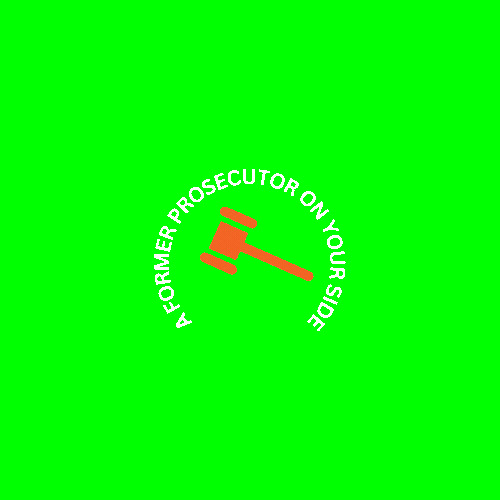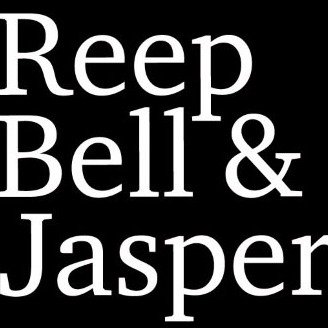Best White Collar Crime Lawyers in United States
Share your needs with us, get contacted by law firms.
Free. Takes 2 min.
Or refine your search by selecting a city:
List of the best lawyers in United States
About White Collar Crime Law in United States
White Collar Crime in the United States encompasses a range of non-violent offenses typically committed for financial gain. These crimes often involve deceit, breach of trust, or concealment, rather than the physical threat of force or violence. Common examples include fraud, embezzlement, bribery, insider trading, and money laundering. These crimes are usually under federal jurisdiction, given their complexity and the tendency to cross state lines. However, state laws also apply in many instances, particularly when crimes are locally executed.
Why You May Need a Lawyer
If you are involved in a potential White Collar Crime case, seeking legal advice is crucial due to several reasons. Firstly, the complexity of financial operations and legal frameworks can be overwhelming for individuals without a legal background. Secondly, the consequences of being charged or convicted can be severe, including heavy fines, restitution, and imprisonment, not to mention the significant damage to your reputation. Finally, a lawyer with expertise in White Collar Crime can help navigate federal and state laws, negotiate plea deals, or strategize a defense if your case goes to trial.
Local Laws Overview
The United States has a multifaceted legal framework concerning White Collar Crimes, overseen by various federal agencies such as the Securities and Exchange Commission (SEC), the Federal Bureau of Investigation (FBI), and the Internal Revenue Service (IRS). Key federal statutes include the Sherman Antitrust Act, Sarbanes-Oxley Act, and the Dodd-Frank Act, among others. State laws vary but often align with federal regulations, addressing specific local issues and providing for civil and criminal penalties. For example, each state has its own version of securities and banking laws, consumer protection statutes, and professional regulations, offering different layers of compliance and penalties.
Frequently Asked Questions
What is considered a White Collar Crime?
White Collar Crimes are non-violent crimes committed for financial gain, often characterized by deceit or concealment.
Who investigates White Collar Crimes?
White Collar Crimes are investigated by federal agencies like the FBI and SEC, and sometimes by state law enforcement agencies.
What are the penalties for White Collar Crimes?
Penalties can include fines, restitution, probation, and imprisonment, depending on the severity of the crime.
What should I do if I am under investigation for a White Collar Crime?
Consult a lawyer immediately to understand your rights and get professional guidance on how to proceed.
Can White Collar Crimes be charged at both state and federal levels?
Yes, many White Collar Crimes can be prosecuted at both levels, depending on jurisdictional factors.
How long do investigations into White Collar Crimes typically last?
The duration can vary widely, from several months to several years, depending on the complexity of the case.
Can hiring a lawyer increase my chances of a favorable outcome?
Yes, an experienced lawyer can provide critical legal insight and negotiation skills to potentially improve the outcome.
Are businesses as well as individuals charged with White Collar Crimes?
Yes, both businesses and individuals can be charged. Corporate charges can lead to fines, sanctions, and regulatory changes.
What is insider trading?
Insider trading involves trading stocks or other securities based on non-public, material information.
Is there a statute of limitations for White Collar Crimes?
Yes, the statute of limitations varies by crime but generally ranges from five to ten years. Limitations can be suspended under certain conditions.
Additional Resources
For more information on White Collar Crimes, consider reaching out to the following organizations:
The American Bar Association (ABA) offers resources and referrals for individuals seeking legal assistance.
The Federal Bureau of Investigation (FBI) provides insights and updates on recent and ongoing investigations.
The U.S. Department of Justice offers detailed information on federal White Collar Crime prosecutions and relevant legal news.
State-specific resources may also be available, such as local bar associations and consumer protection offices.
Next Steps
If you need legal assistance in a White Collar Crime case, consider the following steps:
1. Conduct preliminary research to understand your situation.
2. Contact an attorney specializing in White Collar Crime for an initial consultation.
3. Gather all relevant documents and information related to your case.
4. Evaluate potential legal strategies and options with your attorney.
5. Stay informed about the legal process and maintain communication with your legal counsel throughout your case.
Lawzana helps you find the best lawyers and law firms in United States through a curated and pre-screened list of qualified legal professionals. Our platform offers rankings and detailed profiles of attorneys and law firms, allowing you to compare based on practice areas, including White Collar Crime, experience, and client feedback.
Each profile includes a description of the firm's areas of practice, client reviews, team members and partners, year of establishment, spoken languages, office locations, contact information, social media presence, and any published articles or resources. Most firms on our platform speak English and are experienced in both local and international legal matters.
Get a quote from top-rated law firms in United States — quickly, securely, and without unnecessary hassle.
Disclaimer:
The information provided on this page is for general informational purposes only and does not constitute legal advice. While we strive to ensure the accuracy and relevance of the content, legal information may change over time, and interpretations of the law can vary. You should always consult with a qualified legal professional for advice specific to your situation.
We disclaim all liability for actions taken or not taken based on the content of this page. If you believe any information is incorrect or outdated, please contact us, and we will review and update it where appropriate.
Browse white collar crime law firms by state in United States
Refine your search by selecting a state.















